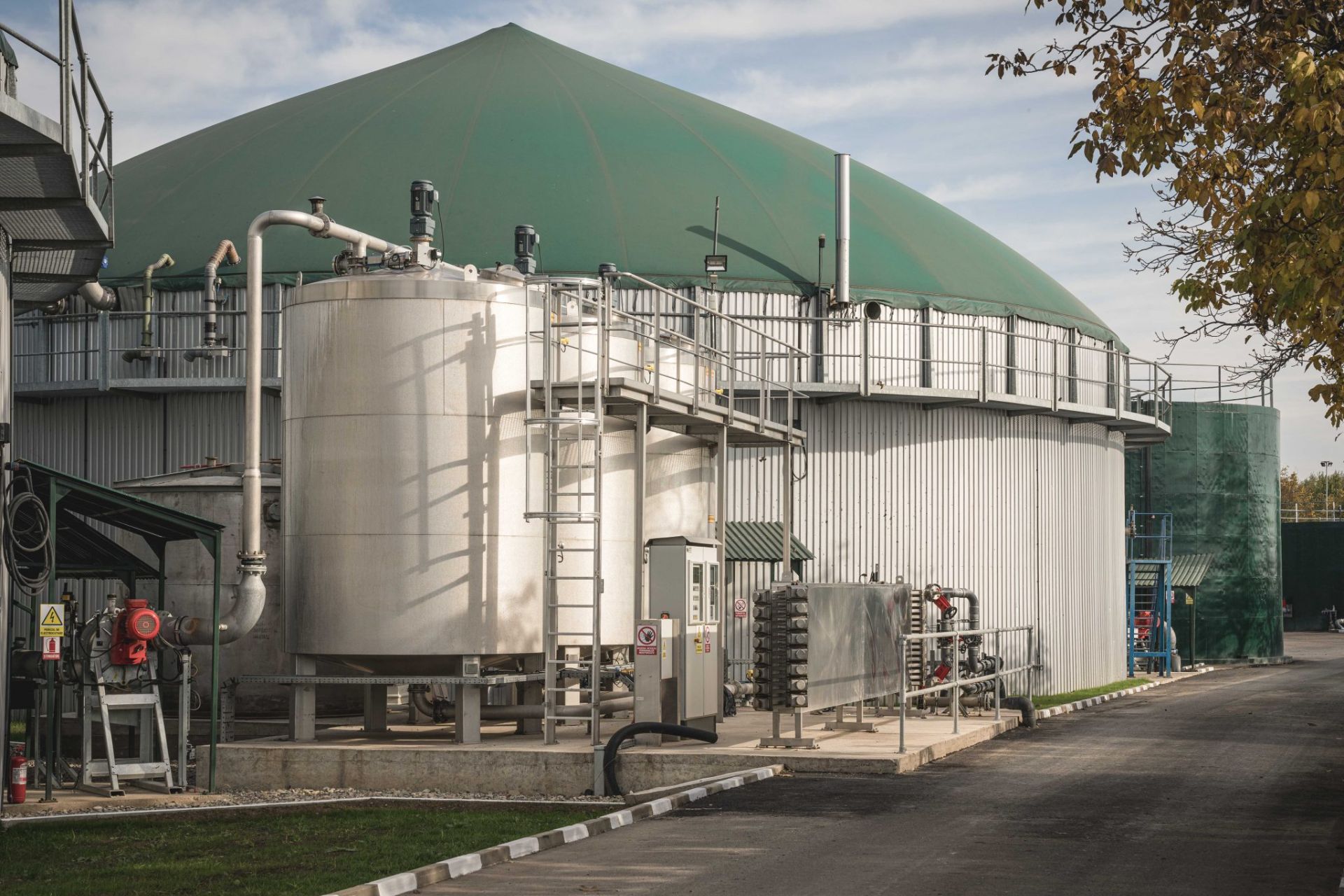
Horia Matei Bărdeanu: “The higher the cost of storage, the lower the cost of recycling”
Despite the fact that biodegradable waste should be collected separately, in Romania most of it still ends up in landfills, which puts all those who have invested in recovering this waste in a difficult situation. To see what problems they face, we addressed a few questions to Horia Matei Bărdeanu, general manager of the first Romanian biogas cogeneration renewable energy plant in Filipeștii de Pădure, Prahova county.
Horia Matei Bărdeanu is 32 years old, graduated from the Faculty of Energetics at the Polytechnic University of Bucharest, has a Master's degree in Business Administration and Efficiency and holds a PhD from the University of Agronomic Sciences and Veterinary Medicine - Faculty of Biotechnologies.
ecologic: How did the investment in this biogas-from-waste plant start?
Horia Matei Bărdeanu, CEO of SC Genesis Biopartner SRL: In 2012, together with the Genesis team, we started an investment in Filipeștii de Pădure, in Prahova county, namely a 1 MW biogas plant. This investment would produce heat and electricity, renewable and green energy in co-generation from corn silage. We saw how these facilities work in other countries and we really wanted to have something like this in Romania. The initial investment amounted to 4,5 million euros and was divided into several areas: the fermentation area, the raw material storage area and the cogeneration of heat and electricity.
At the same time, we set up a company in the agricultural sector, which was going to work the surrounding land to obtain the raw material for the biogas plant. During our activity, we have slowly started to collect organic waste from local partners around the biogas plant. Step by step, in 2017 we achieved to use 100% organic waste for biogas production and returned land to agriculture, for food production. Years of optimization followed and, in 2020, we took the decision to increase the capacity of the biogas plant, to optimize the flows, to invest in organic waste treatment and processing equipment, an investment that was completed in 2021 and made us very proud.
ecologic: How much waste do you currently process?
Horia Matei Bărdeanu: At present, the biogas plant has become a recycling industry: we process about 200 tonnes of biodegradable organic waste daily and have an estimated capacity of 60,000 tonnes annually.
We operate according to the best practices in this domain and are recognized by the European Union as a company that offers a zero-waste concept and an example of best practices for Romania. As I told you, as a result of the modernization of our biogas plant in Filipeștii de Pădure, we have the capacity to process about 200 tons of biodegradable organic waste, contaminated or uncontaminated. The biogas plant is equipped with specific sorting, shredding and mixing equipment so that this biodegradable waste can be converted and used through the anaerobic fermentation process. Thus we obtain biogas which we feed into two cogeneration units with an installed capacity of 1 MW electricity and 1 MW heat each.
ecologic: Is energy from waste an alternative to conventional energy production?
Horia Matei Bărdeanu: I believe that the business we conduct here is of maximum importance for today's society, as it succeeds in recovering waste through a controlled and stable process, while leading at the same time to a shift from landfill to recycling, which is so important and debated nowadays.
As you can see, the prices of utilities have increased a lot lately. This technology can be an alternative to obtaining energy, whether we are talking about natural gas or electricity, by exploiting waste, which is a continuous resource, because humans by nature constantly consume food and therefore generate waste.
Unfortunately, this precious resource is not taken into account by the authorities or by the public.



